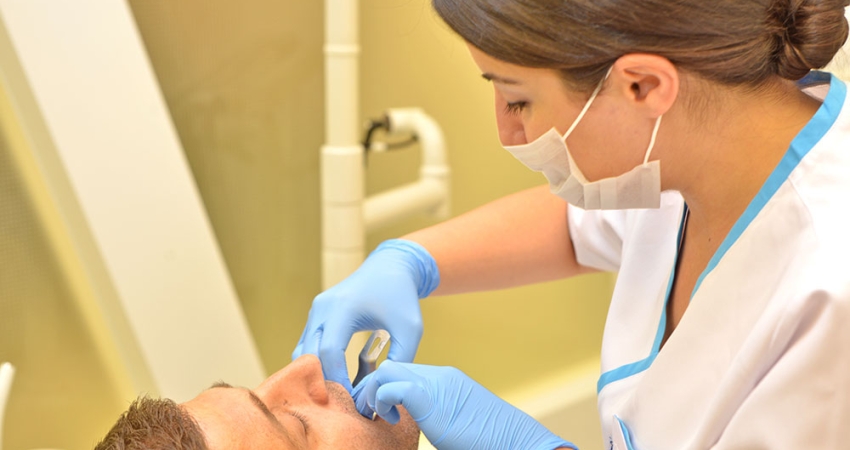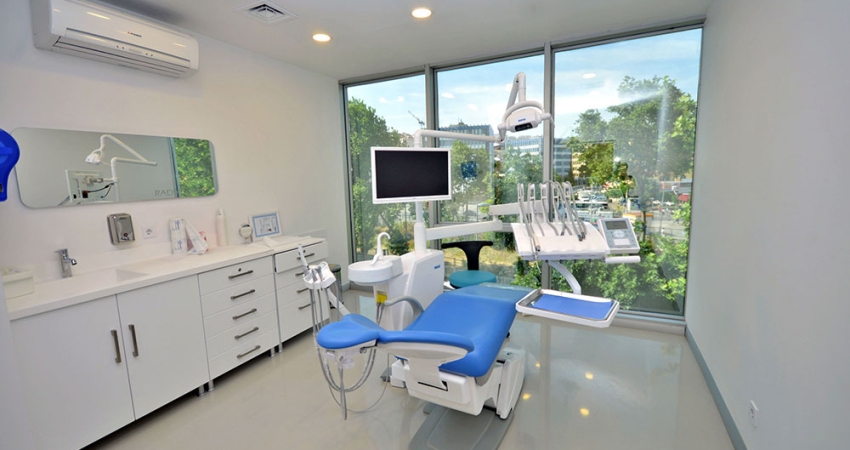444 68 41
We can contact you at the following numbers.
- 0544 868 68 41 Çekmeköy
0542 468 68 41 Kartal - info@radixdent.com.tr
Sinus Lift Surgery (Sinus augmentation)
Sinus Lift Surgery (Sinus augmentation)
Maxillary sinus is the name of the anatomic cavities that are located above the upper jaw near molar teeth. Their main function is to create sound and to decrease weight of the head. When sinus cavities droop inferiorly, bone loss occurs. These bone losses can be considered as a natural physiological process; however, if an implant treatment is planned, some problems can be faced when sufficient bone height cannot be achieved.
Sinus grafting is used to perform implant treatment for edentulate regions by filling cavities of sinus that droop downward.
If implant treatment is planned for patient, who experiences loss in volume of bone due to prolapsed sinus, sinus lift surgery is initially performed in the treatment. Sinus Lift Surgery is performed using PRF support in our center. PRF is preferred since it not only increases the success rate substantially, but it also shortens the waiting period.
Why is Sinus Lift Surgery performed?
If implant treatment is planned for patient, who experiences loss in volume of bone due to prolapsed sinus, sinus lift surgery is initially performed in the treatment. This procedure creates a volume that is sufficient for length and width of an implant in order to place the implant tightly in the bone. After sufficient bone volume is achieved, the procedure is continued with placement of the implant. For implant treatments that require sinus lift surgery, it is utmost important that the procedure is carried out by expert maxillofacial surgeons.
Sinus lift surgery is carried out under local or general anesthesia. After the surgery that takes about half an hour is completed, minimal postoperative pain may occur that can be managed with pain killers. After all procedures are completed, it takes approximately 4 to 5 months to have bone tissue grow to desired volume.
Sinus Lift Surgery
Sinus Lift Surgery is performed using PRF support in our center.









